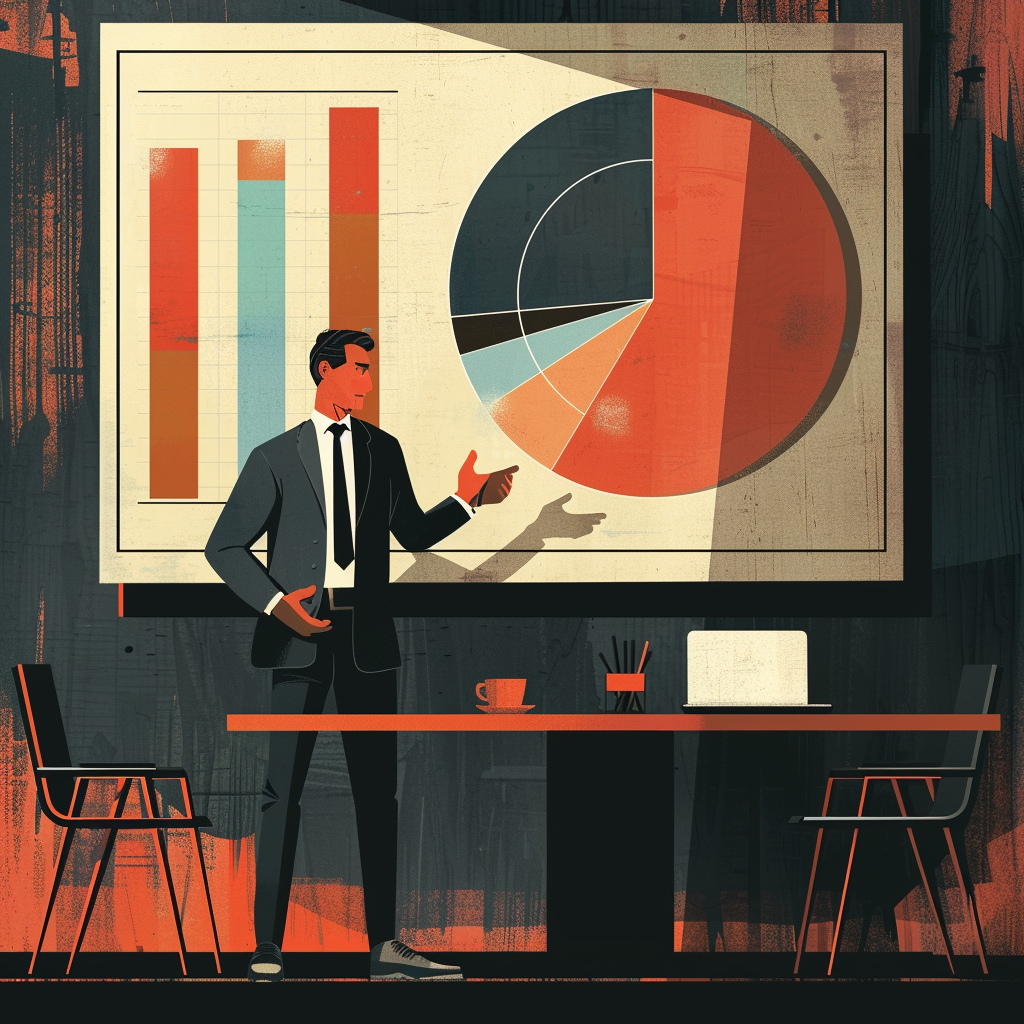Can AI be programmed to make ethical judgments, or is morality something uniquely human?

Let’s face it Artificial Intelligence (AI) has become increasingly prevalent in our daily lives, from virtual assistants to self-driving cars and even medical diagnosis systems. We are seeing increasingly large advances in AI in such a short time, now more than ever we need to ensure certain fail safes are put into place.
AI has the potential to revolutionize many industries and improve our lives in numerous ways but with this it also raises important ethical questions. Like the ability for machines to make moral decisions. So we ask the all important question:
“Can AI be programmed to make ethical judgments, or is morality something uniquely human?“
So Can Machines Make Moral Decisions?
Could we really live in a world where robots could make moral decisions as a tough question to ask. The general idea of machines making moral decisions has been hot topic for quite some time. We have the on going fight between two parties, those for an those against. Those for argue that machines can be programmed/hard coded to make ethical decisions. While those against believe that morality is a uniquely human trait that a set of rules cannot replicate this. Where is the empathy and compassion when making these decisions if they are based off of a set of rules.
Here are some arguments for moral decisions in AI:
- Decision Making Machines
- Remove the Need for Human Interaction
- Automated safety Features
- Advanced systems like: detect early signs of some cancers.
- Decisions Making Based on Laws
There are a fair few benefits to have morality in AI, in certain aspects of industry. But should we really want to rely solely on AI for every aspect of our life, or should be start realising that some things in life should be left to the human touch.
Here are some arguments against moral decisions in AI:
- Lack of Human Emotions Like Empathy, compassion and Intuition
- Robotic in design, robotic by nature. Cold hard coded responses
- Hardcoded laws leave no room for error. May make mistakes when saving Human Life
- Removes the accountability for Humans
From the short list above you can see why some people are concerned that if we completely rely on an AI society we could have major issues down the line. Although Artificial Intelligence technologies are improving we still have a long way to go.
The Risks and Benefits of AI Morality

One of the biggest challenges facing Artificial Intelligence is the Question of AI morality. You might be asking yourself what is AI morality? Does it even exist? AI Morality basically refers to the ability of machines making moral decisions. Just like Humans do. Basically AI behaving like is has a human brain that can make executive decisions.
It’s not hard to see the many benefits or morality when it comes to Artificial Intelligence. It’s quite important in fields such as healthcare, where decisions made by machines can have life-or-death consequences. AI morality can also be used to prevent bias and discrimination in decision-making, ensuring that machines treat all individuals fairly.
However we need to take note of the risks risks associated with introducing morality to AI. The biggest risk is that machines might make decisions that are not aligned with our human values. We cannot just simply rely on a set of hardcoded rules and algorithms and hope it’s always going to make the correct choice, even humans make mistakes, but at least we have accountability for those mistakes.
The Importance of Human Oversight and Accountability

Human Oversight And Feedback Is It really that Important?
Human oversight and feedback are crucial in AI decision-making to ensure ethical, fair, and accurate outcomes. This is to ensure there are suitable Ethics in AI.
AI algorithms are designed to analyze data and make decisions based on statistical patterns. Because of this, this makes them come across as quite cold and straight to the point. The key issues with AI is that it currently lacks the ability to consider context, nuance, and morality.
Humans can provide valuable insight into these factors and can identify biases that may be present in the data or algorithm.
The main reason behind needing a human connection is that humans can make judgments on how appropriate the decisions made by AI are. This way humans can provide feedback and refine responses to ensure the algorithm heads in the right direction.
Lets be honest here without human oversight and feedback, AI decision-making could result in unintended consequences and unethical outcomes. These outcomes could have negative impacts on users of this technology or in a worse case scenario society. Ai is supposed to enhance or life, not create more problems.
The importance of transparency and accountability in AI systems
In todays current climate transparency and accountability are critical components in the development and deployment of AI systems. Artificial Intelligence has the potential to affect peoples lives in a significant way. We need transparency now more than ever to ensure that the decision made by these systems is clear and understandable. Non of this “hidden” models nonsense.
Where as Accountability ensures that developers are held responsible for the outcomes of these systems, especially when they cause harm or act in a biased manner. Without transparency and accountability, AI systems may perpetuate systemic biases, be susceptible to manipulation, and harm individuals or groups. We have already talked about how AI is helping the planet but what if there was no ethical compass, it’s a slipper slope to potential disaster.
We are currently at a cross roads in field of artificial intelligence. There are two ways this can go, we personally believe that AI systems must be developed in a transparent and accountable manner. If not we might be heading for some pretty dark days. Clear information needs to be shared on how AI makes it’s decisions.
Conclusion

The hot take from this article is that whether AI can be programmed to make ethical judgments or if morality is something uniquely human. The whole idea behind morality in AI will be a topic of debate for many years to come.
Let’s not beat around the bush here It’s well known that AI systems can learn from vast amounts of data. That’s what Machine Learnings purpose is, with the data they gather they can identify patterns on an insanely gigantic scale. But the main issue is they lack the capacity for empathy, intuition, and the ability to consider context and cultural norms.
Ethical judgments are often subjective and depend on individual values and beliefs. This can vary quite considerably cultures and societies. Since we are not a world wide society certain algorithms will need to be altered for certain parts of the world, it’s not as simple as one model fits all.
We can create AI systems that can make ethical decisions on a rule based system. It is crucial that these AI systems are developed in a transparent, accountable, and used in an ethical manner. This strengthens the need for human oversight to ensure that the decisions made align with human values and principles.


























